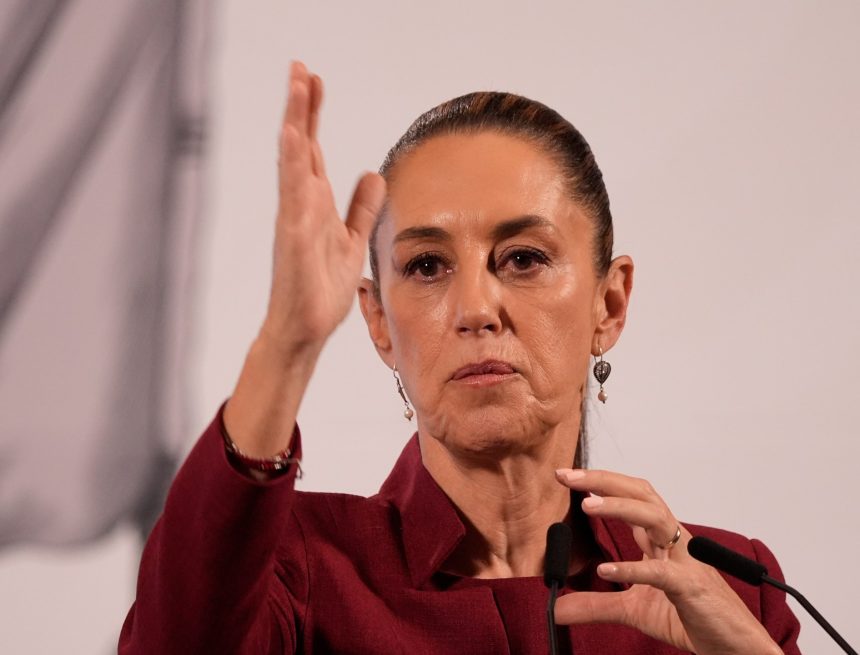As the existentially challenged Conservative party meets in Manchester for its annual party conference, it has much to ponder on where it goes next. It’s not even clear if there is a road forward at all. These are tough times for a party that now has little, if anything, new or unique to say to voters.
It could have been so different if it had made tangible progress on an agenda that matters to people across the country: Levelling up. Yet Boris Johnson’s government hadn’t got the first clue on how to turn his zeitgeisty rhetoric on levelling up into policy reality. For the two years after the 2019 election, it debated what the term even meant.
I found it bizarre, because I’d already told Johnson what levelling up meant when we first spoke about it during his leadership campaign. The phrase was language I created and used at the Department for Education to talk about social mobility. It was our departmental mantra, and its definition is clear: levelling up is the means by which we achieve equality of opportunity – not by taking opportunity away from those who already have it, but rather by extending opportunities to those that don’t. I first used the term at the Conservative party conference in 2015 while still international development secretary, when I was attempting to encourage the then party leadership to focus on domestic social mobility.
The other key DfE phrase we used, “talent is spread evenly across our country, but opportunity is not”, again was a purposeful phrase, representing the two halves of a social mobility strategy. First, talent spread evenly but not developed consistently through our education system. Second, opportunities not spread evenly by businesses or our economy. Thus, education and business were key to achieving stronger social mobility. This was an agenda about the social fabric of our country – investing in people’s potential and connecting them to opportunities.
What did levelling up become under Johnson’s Conservatives? A towns fund administered out of the Department for Levelling Up, Housing and Communities (DLUHC). Hanging baskets and reconfigured roundabouts and roads. A white paper was launched nearly three years after Johnson became leader, which saw existing policy approaches rebadged under the new levelling up banner.
As a result, a broader social mobility agenda went undeveloped, as well as all the reform that it might have driven – in investment, business, economic policy, tax and in place-making. And, of course, in education, including a higher education sector that has become a punchbag for politicians of all stripes – even though it remains the most powerful engine of social mobility for young working-class people, including myself, this country has had over the past 30 years. Perhaps the only engine of social mobility, operating at scale.
Aspiration is crucial for our country to succeed. For people to have aspiration, there needs to be a credible sense that effort and reward are linked; that if people aspire, they can achieve. For any government, being able to instil a sense of optimism about the future is crucial. Research by the Institute for Policy Research at Bath University and others, published last month, showed that the DfE’s 12 “opportunity areas” I introduced as education secretary – place-based approaches to improving education outcomes – led to young people in those communities being up to 18 percentage points more optimistic about their future than those in comparable communities without these programmes in place. The evidence is clear: just making an authentic start on pro-social mobility policy can quickly and positively change how people feel about their future.
Oblivious to this, and in the midst of its post-Johnson leadership contest, in September 2022, the Conservative government closed opportunity areas down. Why would anyone in those communities vote for a party that did that? The opportunity areas policy is one example of what could have been a transformative Conservative government agenda on levelling up, but that chance was hopelessly squandered. Approaches such as this can inspire hope and aspiration. In contrast, as the Conservatives learned, breaking the promise of social mobility is the costliest mistake any political party can make. Voters punished the government for its incompetence but, perhaps most of all, for its broken promises on levelling up.
Now the baton on social mobility and equality of opportunity has passed to a Labour government. The levelling up rhetoric has been cast off. Labour has its own political rhetoric of “breaking down the barriers to opportunity”. The party that is steadily supplanting the hapless Conservative party, Reform UK, also has its own language – “reindustrialisation”. It’s a phrase to talk about new opportunities in communities like the one I grew up in, in South Yorkshire. It promises that an industrial past can reincarnate into an industrial future.
For voters, it must feel like a Groundhog Day-style loop. Same issue, different language. But – as yet – no results.
after newsletter promotion
If Labour and Reform UK want to avoid the same fate, both these parties should learn from the Conservatives’ failure on levelling up; that social mobility rhetoric is one thing, but successful delivery of fairer outcomes is far more challenging. Britain’s endemically weak social mobility remains the key issue for our country, with young people unable to get a decent career start, those working hard in full-time jobs with little to show after the rent has been paid, and people across the country without any real hope their children will be able to do any better in life than they have.
Politicians can talk about fairer opportunities however much they like. But where is the party that has the comprehensive policy agenda on social mobility? I see none. Whoever gets there first, wins. Not just for themselves, but, more importantly, for a whole country that has never needed equality of opportunity so badly.


